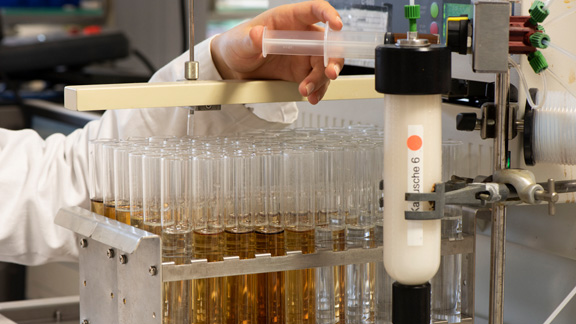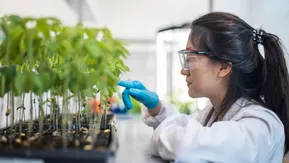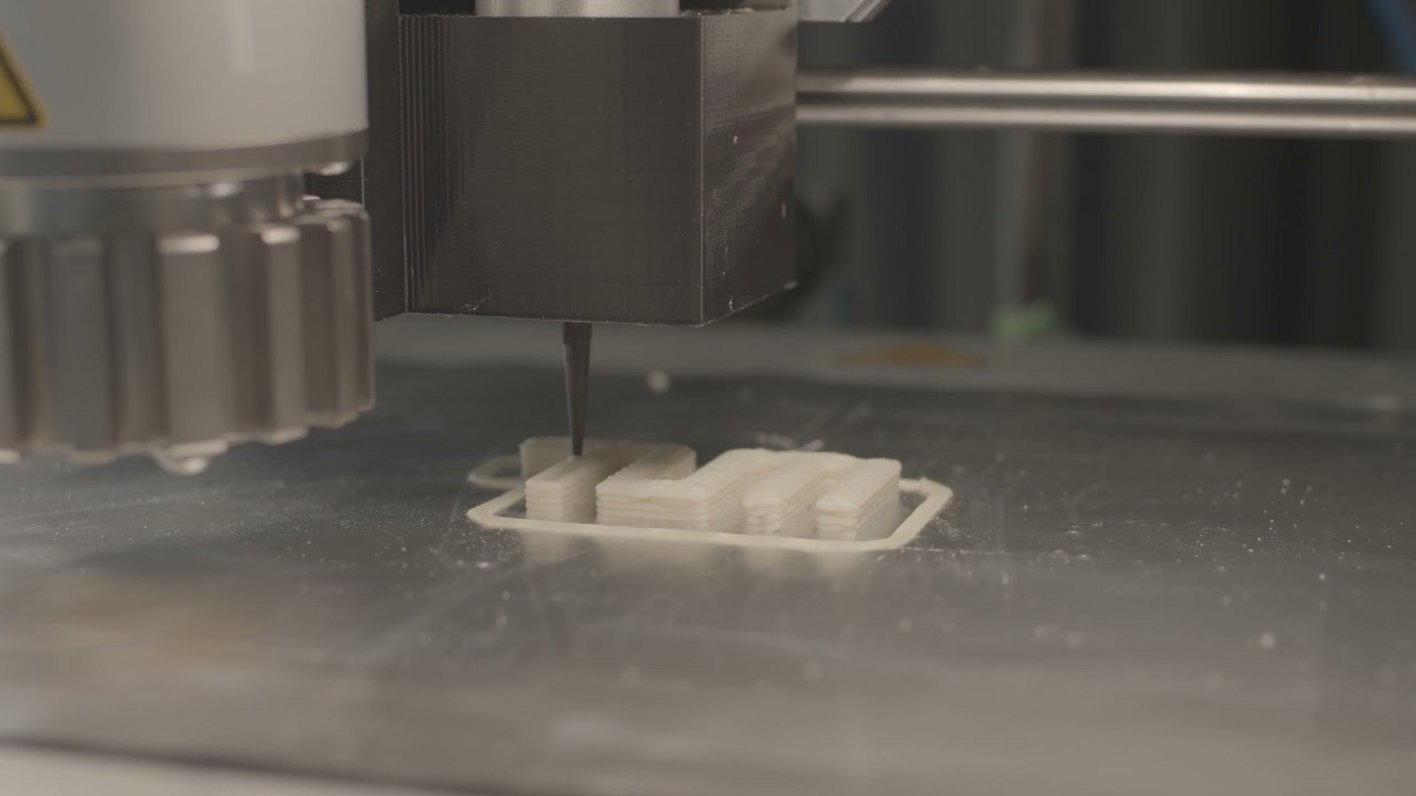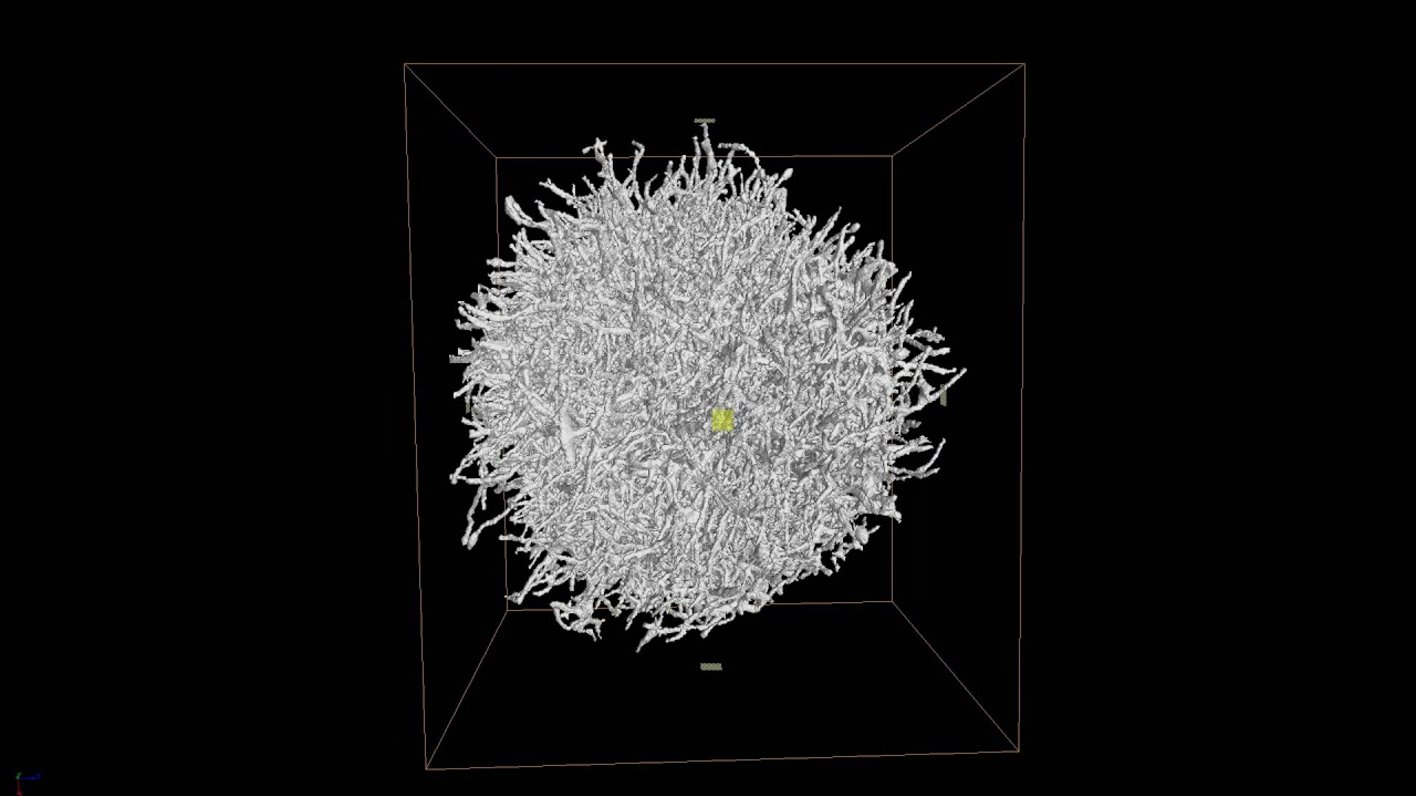Smart Food Processing
Global food supply and value chains are dramatically changing due to climate change, increasing population and changing consumer behavior.
Research focuses on the development of new food resources and new forms of food production including reverse design, enhancing and tailoring food nutritive, sensory and health profiles utilizing new and sustainable processing technologies and minimization of food losses.
The scope ranges from basic to applied research and comprises both modelling and experimental approaches. The department members apply multi-scale modelling techniques, artificial intelligence and machine learning methods as well as sophisticated experimental and analytical techniques to tackle the future challenges in food design and manufacturing. Academic, industrial and cooperation to EIT Food further strengthen the departments' profile.
Research Topics
In the area of smart food processing, we concentrate on four main topics that we have identified as key challenges in future food supply. Selected projects give an insight into our research work.
Alternative food sources
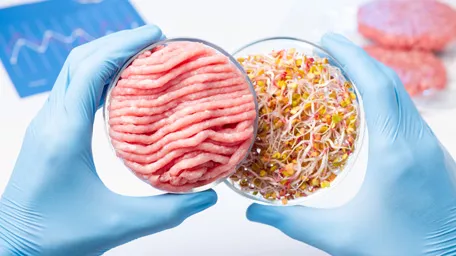
- VITALAB – Exploring Fruit Wastes And Whey For The Design Of Innovative Foods (Prof. Rychlik)
- CPC – Isolation of a high value hemp compound with centrifugal partition chromatography (Prof. Minceva)
Smart processing and digitalization
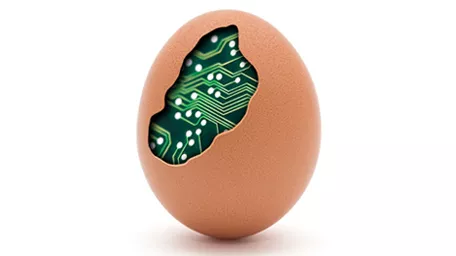
- DiSPBiotech – Morphology Modelling of aggregating filamentous fungi (Prof. Briesen)
- REIF – Ressource-efficient, economic and intelligent food chain (Prof. Becker)
- Model-based Optimization of Coffee Extraction Process (Prof. Briesen, Prof. Minceva)
Reverse food design
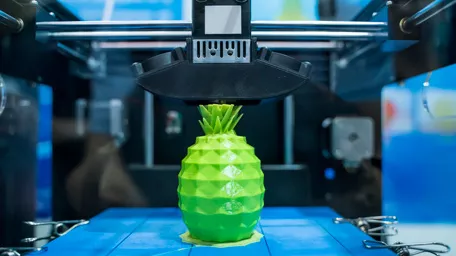
- Texture design of food biopolymers with 3D printing (Prof. Becker)
- Pore network extraction based on tomographic measurements (Prof. Först)
Circular food economy and packaging

- Provide – Protein and biomolecules sources in a circular food system (Prof. Rychlik)
- TriboTec – Protein enrichment and fractionation of side-streams (Prof. Först)
- BarriFlex – Enhanced Performance of Flexible Plastic Materials by Innovative Nanotechnologies for Food Packaging and Technical Applications (Prof. Becker)
Spotlights
Alternative proteins for a sustainable future
Research on alternative proteins addresses challenges along the whole food value chain to ensure new sustainable nutrition.
Video Insights
Food of the future: Meat from the laboratory
More Info
Product design of gluten-free baked goods
Timelapse of a 3D food print of the TUM logo, based on a starch-protein matrix, and the following thermal stabilization by an IR heater. (Dr. Jekle / Prof. Becker)
Mass transport in filamentous fungi
By analyzing the three-dimensional structure of filamentous fungi, their oxygen supply can be estimated and improved. This will increase the productivity of enzymes, organic acids and antibiotics. (Prof. Briesen)
